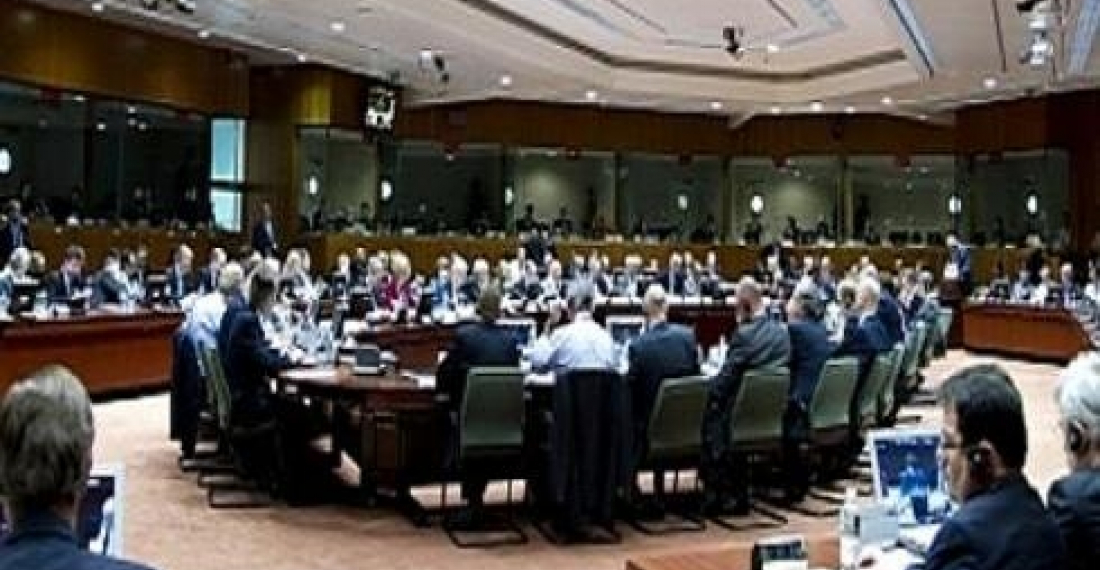The Foreign Ministers of the 27 member states of the European Union have declared that the EU remains committed to promoting prosperity, security, democracy, rule of law, respect for human rights, good governance, sustainable development and regional cooperation throughout the South Caucasus, and is ready to enhance efforts to support confidence building and peaceful settlements to the conflicts in the region, in close cooperation with all relevant parties.
In a statement at the conclusion of 3149 meeting of the Foreign Affairs Council of the European Union the Ministers welcomed the significant progress made in the framework of the Eastern Partnership to strengthen the European Union’s relations with Armenia, Azerbaijan and Georgia and emphasised the importance of the continued implementation of the commitments made in the Joint Declaration of the Warsaw Eastern Partnership Summit, Warsaw 29-30 September 2011, and reiterated that the pace of reforms will determine the intensity of the cooperation, and partners most engaged in reforms will benefit more from their relationship with the European Union, including closer political association, deeper gradual economic integration in the EU Internal Market, enhanced mobility of citizens in a secure and well managed environment and increased EU support.
The Ministers emphasised the importance of finding peaceful settlements to the conflicts in the region and called for strong commitment by all concerned parties in this regard. The EU believes that the strengthened relations between the EU and the three countries in the South Caucasus have opened new avenues and opportunities for the EU to support conflict settlement efforts in the region. The EU Special Representative for the South Caucasus and the crisis in Georgia will continue to play a significant role in this regard.
The EU expressed its concern at the slow progress in the negotiations between Armenia and Azerbaijan to resolve the Nagorno-Karabakh conflict. The EU continues to support the OSCE Minsk Group and acknowledges in this context the efforts of the President of the Russian Federation Dmitryi Medvedev to achieve progress in trilateral talks. The EU reiterated its support for the Madrid principles and called on Armenia and Azerbaijan to step up their efforts to reach agreement on those principles as a basis for peace. It expressed concern on increased tension along the Line of Contact and underlined the importance of urgent steps to implement the ceasefire and to adopt appropriate confidence building measures.
The statement said that the "EU stands ready to provide enhanced support for confidence building measures, in support of and in full complementarity with the Minsk Group, with a view to facilitating further steps towards the implementation of peace. In this regard, the EU underlines the need for unconditional access for representatives of the EU to Nagorno-Karabakh and surrounding regions. The Council invites the High Representative and the Commission to develop, in close consultation with the OSCE, post conflict scenarios for Nagorno-Karabakh as a basis for future EU engagement."
The full text of the resolution of the EU Foreign Affairs Council is available in English here.
source: commonspace.eu with the Press Service of the European Union
Photo: The meeting of the Foreign Affairs council of the European Union in Brussels on 27 February 2012 (picture courtesy of the Audio-Visual Service of the EU).







